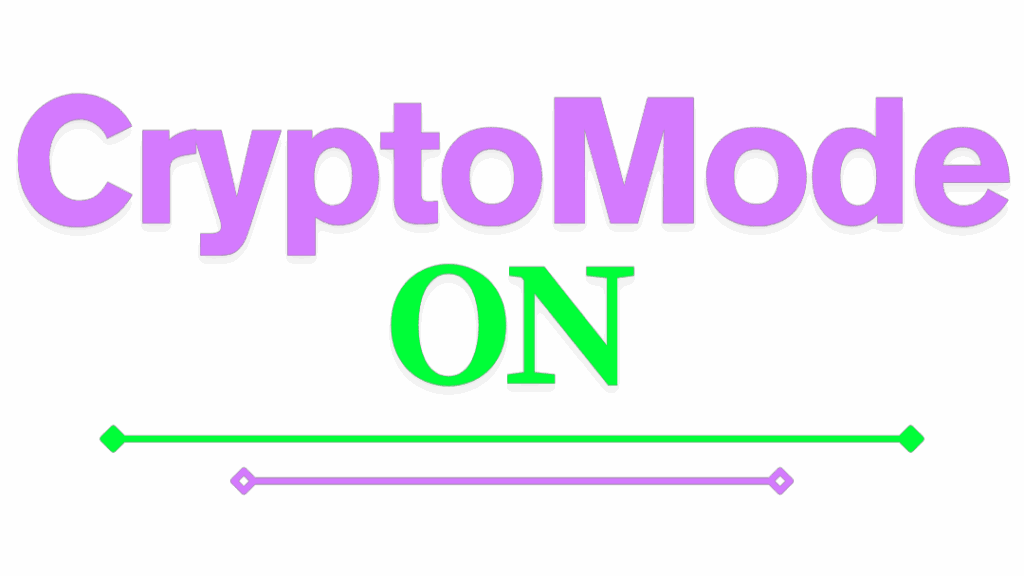In a world increasingly driven by consumer demands and unexpected financial emergencies, personal loans have become a popular lifeline for many. However, navigating the intricacies of loans requires careful attention to detail. From understanding how to avoid paying high interest to determining whether borrowing money to pay off other debts is a prudent decision, being informed is crucial.
Taking on a personal loan is a significant financial commitment, so potential borrowers should exercise caution before signing any contract. It’s essential to identify and address key precautionary measures such as reviewing the loan terms meticulously and ensuring that the lending institution is reputable. Checking for trustworthiness involves investigating the lender’s history, customer reviews, and regulatory compliance.
Prospective borrowers should not hesitate to negotiate loan conditions to secure a deal that suits their financial situation. Understanding your leverage and the flexibility available can make a significant difference in the overall cost and conditions of the loan. This article aims to offer valuable insights into making informed decisions surrounding personal loans, empowering readers to manage their finances judiciously.
Understanding and Avoiding High Interest Rates
High interest rates can significantly increase the total cost of a loan, so it’s crucial to understand how these rates are determined. Banks and lenders often base interest rates on factors like your credit score, income, and debt-to-income ratio. By improving these elements, you may qualify for lower rates.
One effective way to avoid high interest is to shop around and compare offers from different lenders. Not all financial institutions offer the same rates or terms, and some may be more competitive than others. By using online comparison tools, you can assess your options more efficiently and select the most affordable loan.
Additionally, consider whether a fixed or variable interest rate is more suitable for your financial situation. Fixed rates provide predictability with consistent monthly payments, while variable rates might start lower but can fluctuate. Understanding these options helps you make a decision that aligns with your financial goals and risk tolerance.
Evaluating the Decision to Use Loans for Debt Consolidation
Consolidating debts with a personal loan can simplify your financial obligations, but it’s essential to weigh the pros and cons. A key benefit is consolidating multiple debts into a single payment, potentially with a lower monthly cost. However, it’s important to ensure the new interest rate is lower than the average rates of your existing debts.
Before deciding to take a loan for debt consolidation, assess the impact on your overall financial health. Consider whether this approach will enable you to pay off debt faster or simply extend the repayment period. Evaluate the total interest costs you might incur if the term is longer.
It’s also crucial to address the underlying causes of your debt and create a sustainable financial plan. Without addressing spending habits and budgeting, consolidation might offer only temporary relief. Consulting with a financial advisor can provide insights and strategies to maintain healthier finances over the long term.
Key Precautions Before Signing a Loan Contract
Before signing any loan contract, thorough review of the terms and conditions is imperative. Pay attention to details like the interest rate, repayment schedule, and any additional fees or penalties. Understanding these clauses ensures that you’re not caught off-guard by hidden costs later.
Ensure that you clearly understand the repayment terms, including the exact due dates and the process for making payments. Late payments can lead to penalties or even affect your credit score negatively. Knowing these details helps you prepare your budget accordingly and avoid unnecessary charges.
Clarify any aspects of the contract that seem ambiguous or confusing by discussing them with your lender. This step ensures no misinterpretation that could lead to financial stress. Don’t rush this process; taking your time could prevent costly mistakes and contribute to a more satisfactory loan experience.
Assessing the Trustworthiness of a Lender
Choosing a reputable lender requires due diligence and research. Begin by examining the lender’s history and track record in the industry. Reliable institutions typically have a longstanding presence and positive relationships with regulatory bodies, which can be verified through online resources and reviews.
Customer reviews are a valuable resource for gauging a lender’s reliability. Feedback from previous clients can indicate the lender’s customer service quality and overall trustworthiness. Websites that offer unbiased reviews and ratings are ideal platforms to gain insights from borrower experiences.
Ensure that the lender complies with financial regulations and possesses necessary certifications. This compliance guarantees that the institution adheres to industry standards for borrower protection. Contacting regulatory agencies or checking their websites can confirm a lender’s standing and safeguard you from fraudulent practices.
Negotiating Loan Conditions to Secure Better Terms
Negotiating loan conditions can lead to more favorable terms, amplifying your financial flexibility. Approach this process knowing your credit standing and financial leverage. A strong credit profile can empower you to negotiate lower interest rates or more lenient repayment terms.
Being informed about prevalent market rates also strengthens your negotiating position. If a lender’s offer doesn’t match the industry norms, you can make a compelling case for better terms. Lenders prefer retaining customers, which can make them open to renegotiating elements of the contract.
Additionally, inquire about any special programs or discounts that might apply to your situation. Some lenders provide offers for repeat customers, specific professions, or automatic payments. Securing these advantages helps you reduce the overall cost of the loan and align it better with your financial capabilities.
Conclusion
Informed financial decision-making is essential when considering personal loans. By thoroughly understanding interest rates, loan terms, and lender reliability, borrowers can navigate the complexities of borrowing with confidence. Meticulous preparation, including attention to detail and negotiation prowess, secures advantageous terms, ensuring a path to sustainable financial health.
By addressing underlying financial habits and creating a practical budget, borrowers can maximize the benefits of personal loans while avoiding pitfalls. Employing strategic borrowing and leveraging resources ensures financial stability, empowering borrowers to meet their needs and manage unexpected expenses without undue burden.
